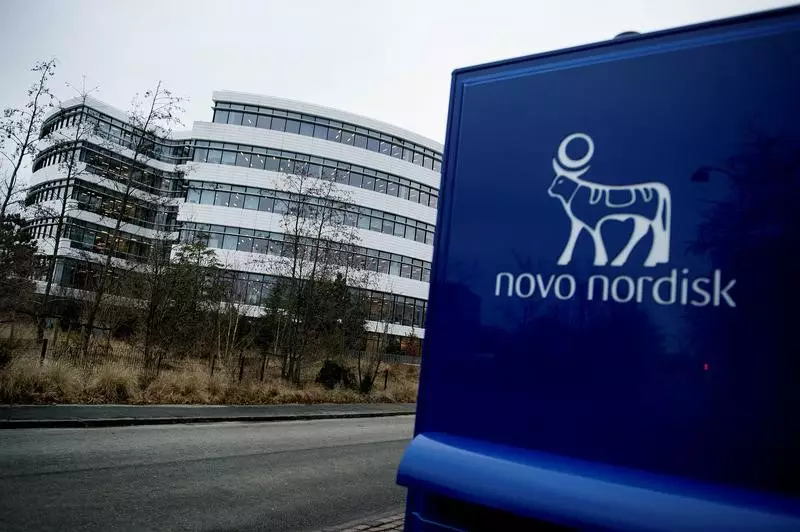Novo Nordisk, a pivotal player in the pharmaceutical industry, saw its shares plunge by 3.6% following a recent announcement from the U.S. Department of Health and Human Services (HHS). The HHS revealed that Ozempic and Wegovy, two of the company’s marquee products, are among the 15 prescription drugs selected for Medicare price negotiations under the Inflation Reduction Act. This steep decline is indicative of a more concerning trend, as Novo Nordisk has already endured a staggering fall of over 24% in 2025 alone, alongside a significant 39% drop over the past six months. Such numbers not only reflect immediate investor sentiments but also signal deeper anxieties about the company’s future growth prospects.
The Medicare Drug Price Negotiation Program underlines a strategic effort to rein in the soaring costs associated with prescription medications. The current round of negotiations, which will see new pricing implemented by 2027, is positioned as a critical mechanism for ensuring that essential drugs become more accessible to Medicare beneficiaries. The medications selected accounted for approximately $41 billion in gross covered costs from November 2023 to October 2024. This financial weight underscores the importance of these negotiations not only for patients but also for drug manufacturers, who face increasing pressure on profit margins. HHS Secretary Xavier Becerra has framed the initiative as a pivotal moment for the healthcare system, highlighting the government’s commitment to facilitating access to cutting-edge treatments.
For Novo Nordisk, the implications of this negotiation are decidedly multi-faceted. Both Ozempic and Wegovy have emerged as crucial growth drivers, particularly in the competitive market for diabetes and weight management solutions. However, their inclusion in this round of negotiations raises pertinent questions about future revenue streams. Investors are likely concerned about how price reductions could adversely affect profitability. As stakeholders digest these implications, the hesitancy reflected in the stock market could prompt a reevaluation of the company’s valuation metrics.
The Medicare price negotiation initiative aims not only to provide immediate relief for Medicare beneficiaries but also to foster a more sustainable economic model for pharmaceuticals in the long term. Nevertheless, as companies like Novo Nordisk grapple with these changes, they must innovate and adapt. The need for developing next-generation therapies that could capture the market’s interest will be paramount. As CMS Administrator Chiquita Brooks-LaSure describes this negotiation cycle as critical to strengthening Medicare, shareholders of Novo Nordisk will need to scrutinize how effectively the company can pivot in this evolving landscape.
While the Medicare Drug Price Negotiation Program has the potential to benefit patients significantly, the underlying risks for pharmaceutical companies are substantial. For Novo Nordisk, navigating the ensuing financial turbulence while maintaining its reputation for innovation will be crucial as the healthcare sector continues to evolve.

